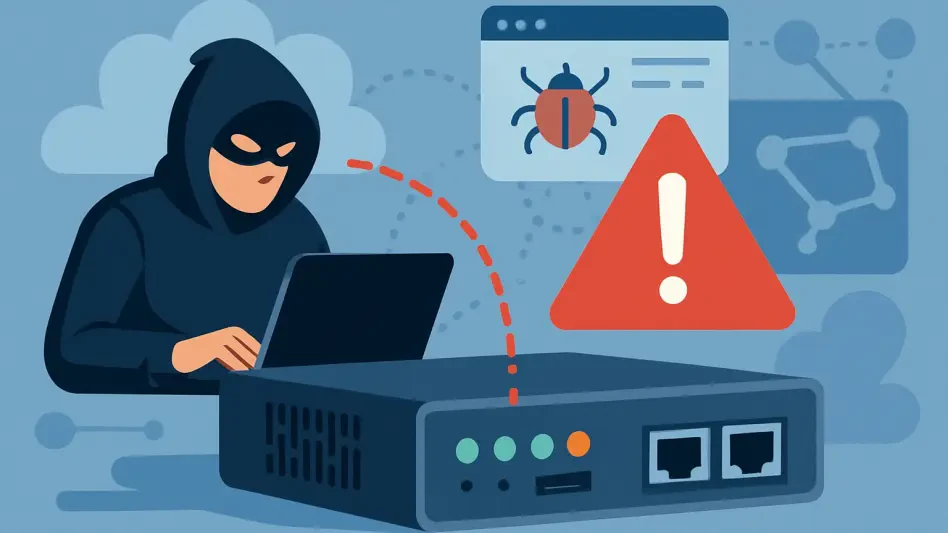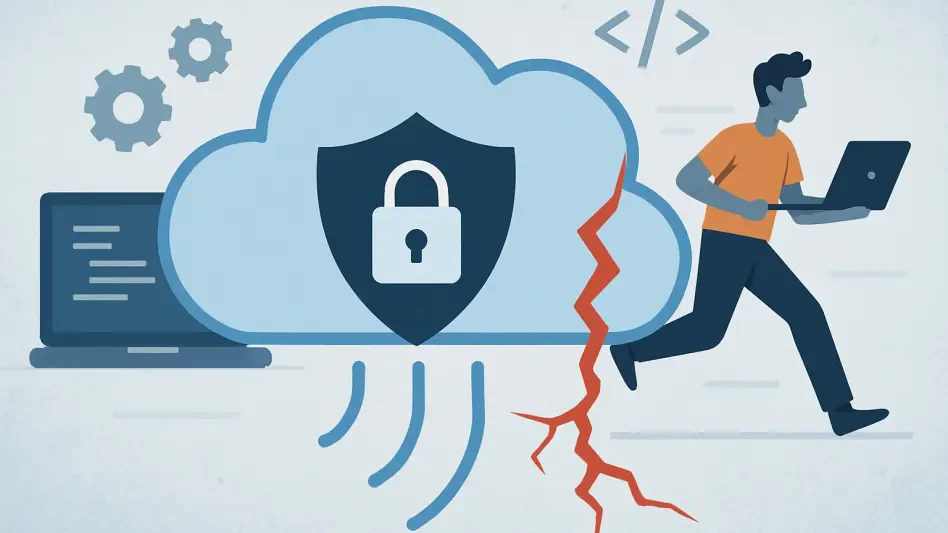In a significant achievement against digital crime, U.S. authorities recently dismantled the notorious dark web marketplace, BidenCash. This operation was a coordinated effort led by the U.S. Attorney’s Office for the Eastern District of Virginia, alongside the FBI, Secret Service, Dutch National High Tech Crime Unit, and key cybersecurity experts. The marketplace, notorious for selling stolen payment card data and personal information, had been a central node in cybercrime since its inception. The scale and success of this crackdown illustrate a growing trend of international cooperation in the effort to combat cybercriminal activities.
A Multifaceted Approach to Cybercrime
International Collaboration and Domain Seizure
Key to the dismantling of BidenCash was a broad collaborative approach, involving U.S. and international law enforcement agencies and cybersecurity companies. Approximately 145 domains associated with BidenCash were seized both on the darknet and the conventional internet, disrupting the network’s infrastructure. Significantly, authorities redirected these domains to servers controlled by law enforcement, effectively halting a major channel for selling and distributing stolen credentials.
This seizure represents a strategic blow to criminal networks leveraging cryptocurrencies for illegal transactions. By confiscating cryptocurrency associated with illicit activities, authorities have not only disrupted financial channels but also sent a strong message about their capability to counter crypto-enabled crime. These efforts align with global strategies aimed at dismantling criminal networks that operate across borders, utilizing digital currencies to obscure their activities.
Impact on Cybercrime Marketplace
With over 15 million credit card transactions and revenues exceeding $17 million, BidenCash had entrenched itself as a significant player in cybercrime circles. By employing both clear web and dark web avenues, the marketplace expanded its reach and credibility by occasionally releasing substantial datasets for free. This allowed the operators to attract a substantial user base of about 117,000 individuals, complicating efforts to combat its operations due to its pervasive reach and deep entrenchment within the illicit community.
The sudden removal of such a prominent platform has created a ripple effect in cybercrime ecosystems. By taking down BidenCash, authorities have disrupted a critical hub for theft, significantly curtailing the availability of stolen data and personal information. However, the latent threat persists for individuals whose data was sold before the takedown. Many may remain vulnerable to identity theft and fraud unless they update their personal and banking information.
The Persistent Threat of Cybercrime
Ongoing Challenges and Awareness
Despite the effective takedown of BidenCash, the landscape of cybercrime continues to pose challenges. As cybercriminals evolve, law enforcement and cybersecurity strategies must adapt to newer methodologies and technologies employed by digital wrongdoers. This takedown serves as a warning about the continuous development needed in cybersecurity measures and the importance of persistent vigilance in protecting sensitive data.
Public awareness is crucial in mitigating risks associated with stolen credentials, as individuals often remain the weakest link in cybersecurity defenses. The shutdown of BidenCash highlights the necessity for ongoing education about potential threats and secure internet practices. Staying informed about the latest security trends and practicing rigorous personal data management can significantly reduce vulnerability to fraud.
Advancements in Cybersecurity Tactics
The BidenCash investigation underscores the sophistication and collaborative nature of modern cybersecurity enforcement. In recent years, international authorities have enhanced cooperation to tackle cyber-enabled financial crimes, moving beyond traditional crime-fighting methods to embrace technological innovation. The use of advanced cyber forensics, coupled with international partnerships, has become vital in identifying and deconstructing global cybercrime networks.
The operation’s success offers insights into methodologies that could be applied in future cases, involving the seamless collaboration of multiple entities from various countries. It demonstrates the growing ability of law enforcement to navigate the complex web of cybercrime and to adapt to evolving threats. As future strategies develop, input from diverse fields such as technology, policy, and law enforcement remains crucial in building robust defenses against cybercriminal activities.
Conclusion: Adapting to a Dynamic Cyber Threat Landscape
In a major victory against digital crime, U.S. authorities have successfully taken down the infamous dark web platform BidenCash. This marketplace was known for trafficking stolen payment card details and personal data, serving as a major hub for cybercrime activities. The operation was spearheaded by the U.S. Attorney’s Office for the Eastern District of Virginia, and involved collaboration with the FBI, Secret Service, Dutch National High Tech Crime Unit, and leading cybersecurity professionals. Such a coordinated effort exemplifies the increasing international cooperation aimed at dismantling cybercriminal networks. This achievement underscores the ongoing commitment and advancements in the fight against cyber threats, demonstrating a global resolve to protect individuals and businesses from the scourge of digital exploitation. This dismantling marks a significant step forward in bolstering cybersecurity measures, aiming to both deter future crimes and safeguard sensitive information from illicit activities.








